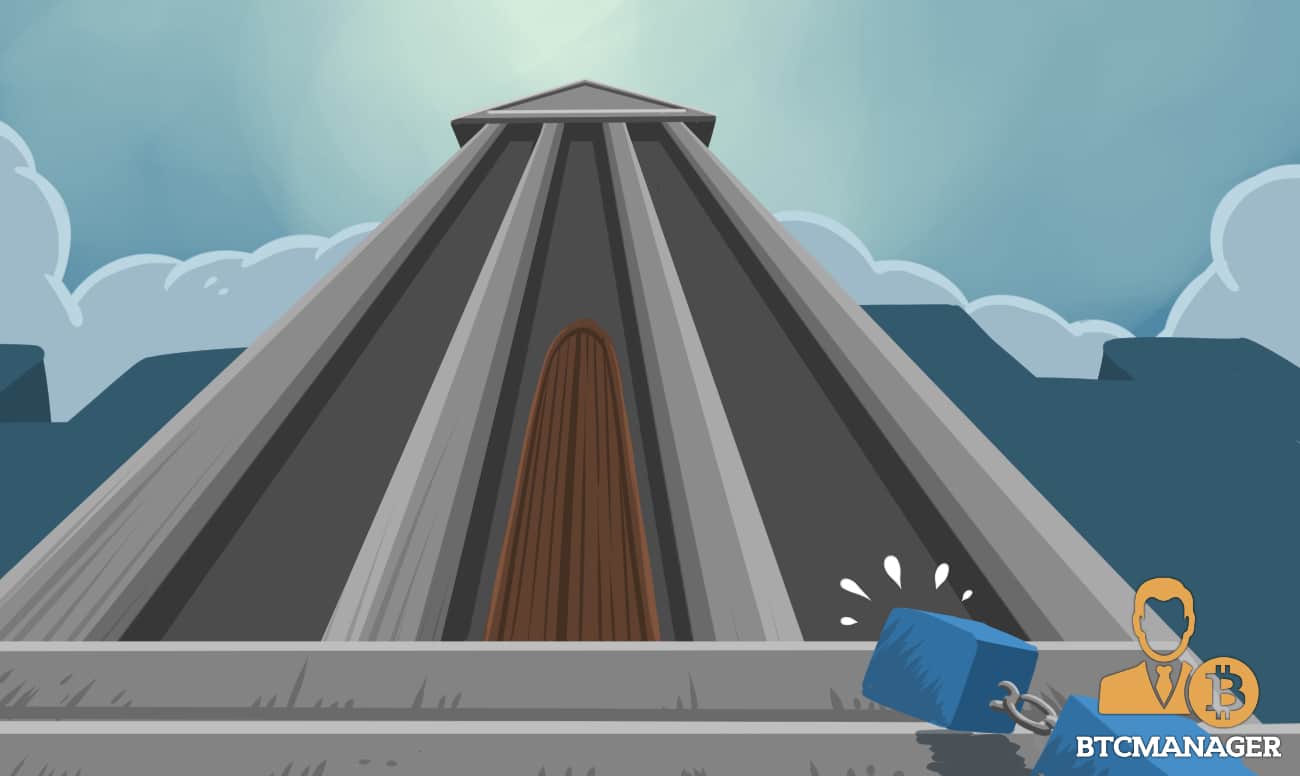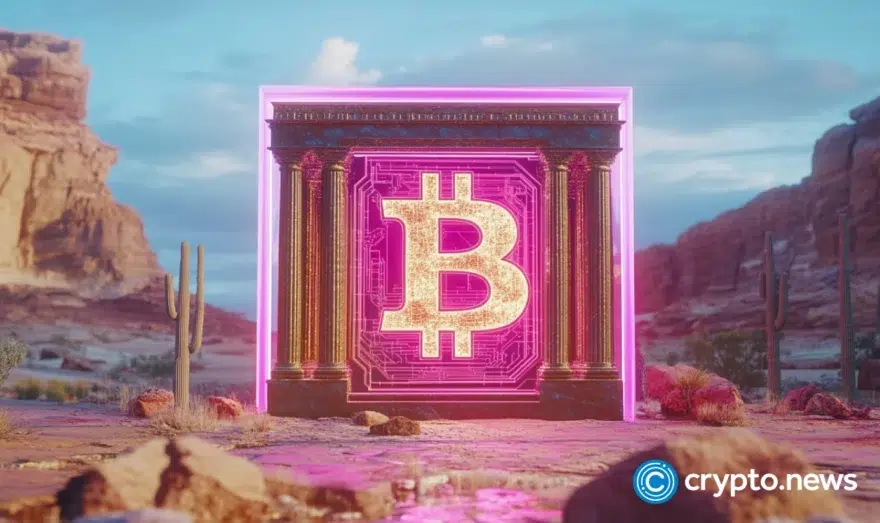Dutch National Bank States Blockchain not Ready to Compete with Banking Systems

A recent report by DeNederlandscheBank (DNB), the Dutch National Bank, stated that the current infrastructure of blockchain technology is not capable enough to deal with the sky-high demands of traditional financial markets. Recently, DNB conducted experiments utilizing the decentralized ledger technology.
Blaring Shortcomings Found
The research found that the most significant shortcomings of the technology are inadequate due to high energy consumption, along with the lack of complete certainty about making a payment.
However, it did stress that these shortcomings will be wagered with financial markets being better equipped to protect against outside attacks.
During experimentation phase, DNB developed a project, termed Dukaton, and analyzed four prototypes using distributed ledger technology (DLT) since 2015. This experimentation had a dual aim: building up knowledge regarding the technology and testing the potential of blockchain for improvements in payment and securities traffic.

DNB Headquarters
(Source: NU)
Prototypes Put to Test
The first prototype involved a Dukaton based on Bitcoin’s protocol, featuring an exclusively-built blockchain. The Dukatons were created decentrally on five separate laptops via long-term calculations. Parties that validated and verified the transactions received a reward in the form of monetary benefits.
In the second prototype, the Dukatons were created in a much less energy-consumptive manner. However, in this instance, the Dukatons were created based on a trusted third party that issues them, instead of Bitcoin. This party would get all the Dukatons, while the parties validating the transactions to be put into blockchain would only receive a transaction fee.
The third prototype included a centrally designed Dukaton, excluding the Bitcoin software but with a self-built electronic wallet, which stored the required cryptographic keys for security. Consequently, this prototype served as a base for the fourth prototype to analyze the usefulness of DLT for financial market infrastructure. The report concluded:
“These prototypes show that the blockchain solutions tested currently cannot meet the high demands of financial market infrastructures (FMI). Requirements for FMIs are safety, reliability, efficiency, payment finality (legal security), authorization, resilience, availability, capacity, scalability, costs and sustainability.”
The Importance of Robust FMIs
As it stands, FMIs play a central role in payment and securities transactions to carry out the settlement of transactions.
The report observed that banking systems are “very efficient” at current. They can handle enormous volumes per second and ensure all payments are made in time. In stark contrast, blockchain systems were not able to match the traditional system on all fronts including costs, energy usage, execution of large volumes of transactions, and payment certainty.
Furthermore, the commonly used consensus algorithms do not allow reversals of transactions, while central banks make that possible. However, DNB noted that blockchain systems were resistant to malicious parties and increased the FMI’s “cyber resilience.” In this regard, the technology could offer improvements in the efficiency of payments involving different currencies.
To conclude, DNB found the blockchain technology exciting and promising. As stated, the technology is still nascent, and there are many improvements required in its implementation. Hence, DNB will continue to invest in the technology to tap its full potential.














